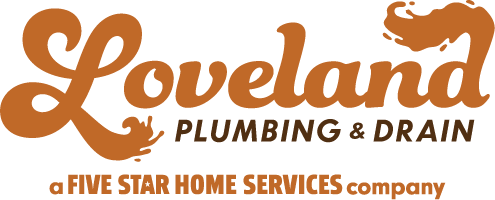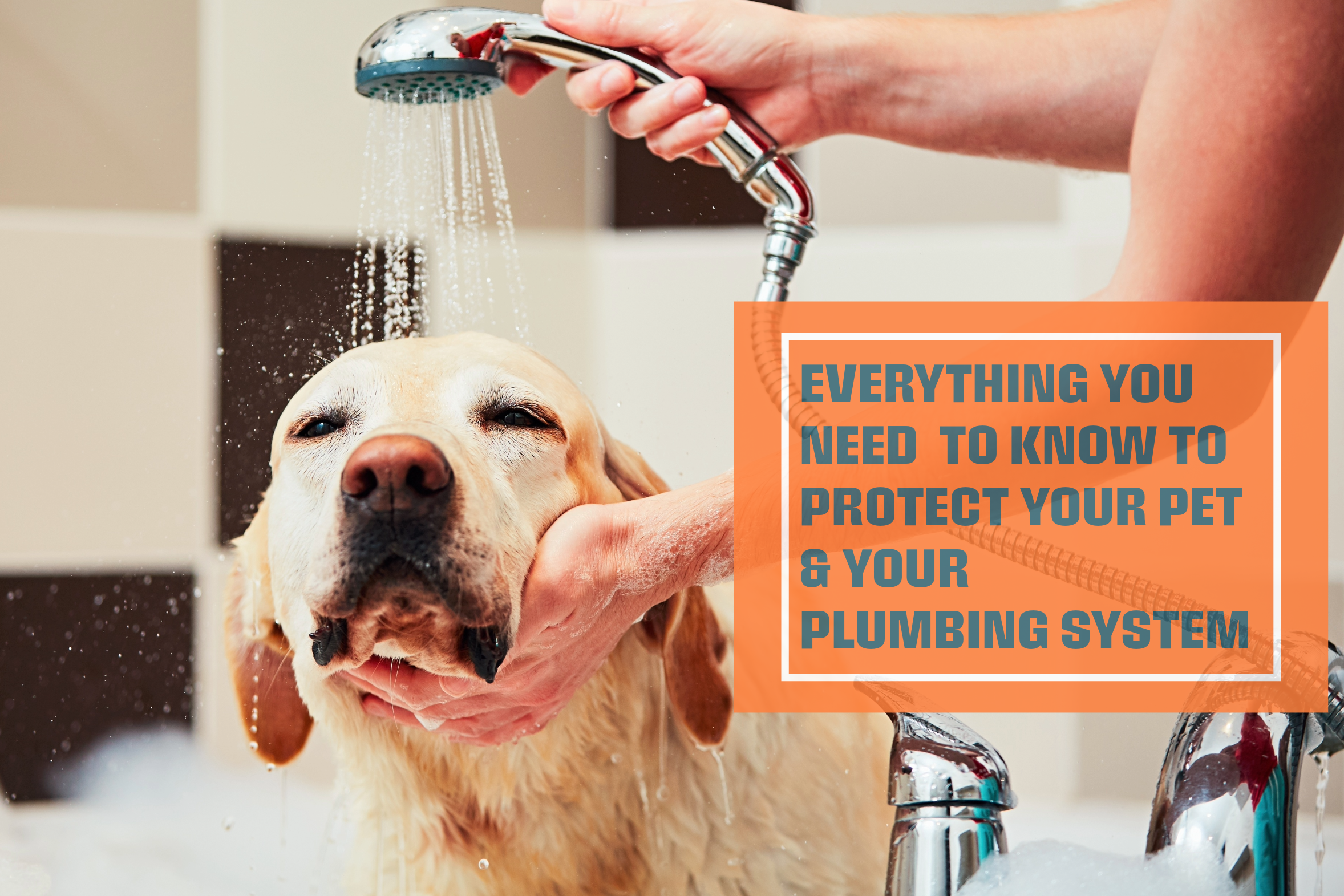It’s National Pet Month; come celebrate with us! Today, we turn our focus toward our furry family members because our pets are undeniably a part of our families. As a pet owner, you’re likely familiar with the extensive care pets require. Even the lowest maintenance of pets necessitates some degree of maintenance. Additionally, an often neglected aspect of pet ownership is its potential impact on our plumbing systems. So, without further ado, feel free to join your local Loveland Plumbing & Drain professionals as we delve into the specifics of pet and plumbing safety!
One: Pet Grooming
It is imperative to maintain your pets’ grooming to keep both your home and pet clean. However, grooming your pets can pose challenges, especially to your plumbing system. Below are some simple strategies to mitigate the impact on your plumbing infrastructure.
Consider Bathtime: Bathing your pet at home is an effective method for odor control and maintaining a healthy coat. However, undertaking this task personally may lead to plumbing issues, such as fur accumulation and potential clogs in the tub.
- Utilize a drain screen over your bathtub or shower drain to efficiently capture the washed-off fur and prevent drain blockages.
- Installing a hand-held showerhead can enhance the efficiency of the pet bathing process.
- Consistent brushing of your pet is critical for minimizing shedding and decreasing hair accumulation in your residence, especially during bath times.
Consider Fur Brushing:
- Utilizing the correct brush tailored to your pet’s specific hair type is essential for facilitating this process.
- To achieve optimal results and to reduce the spread of hair indoors, it is advisable to conduct grooming activities outdoors whenever feasible.
- If you have long-haired pets, it’s a good idea to brush them weekly. This keeps their coat healthy and helps avoid clogging your pipes during bath time.
Two: Pet Food & Pet Waste Disposal
Consider Pet Food Disposal: It is important to note that using the garbage disposal to wash down dry pet food (kibble) in your kitchen sink is strongly discouraged. The reason for this is that dry pet food expands upon absorbing water, which can result in significant blockages within your plumbing system. Additionally, once the wet food dries, it solidifies, further aggravating any obstruction. To prevent such complications, it’s best to dispose of unused pet food in your trash bin.
Consider Cat Litter Disposal: Managing pet waste is a necessary component of pet ownership, but the disposal method chosen can have a considerable impact on your home’s plumbing system. Contrary to a widespread misconception, it is not advisable to flush kitty litter down the toilet. The majority of kitty litter products are not formulated to dissolve in water, potentially causing serious obstructions in your plumbing system.
While certain kitty litter products are advertised as “flushable,” it’s still prudent to refrain from flushing cat litter to protect the integrity of your plumbing system. Flushable cat litter, although claimed to be biodegradable, still decomposes at a slow rate. This can lead to the gradual accumulation of clogs as undissolved clumps of used litter collect within the system. The potential damage to your plumbing, coupled with the risk of expensive and inconvenient repairs, significantly outweighs the convenience. We just don’t recommend it.
Three: Pet Safety Tips
Consider the Backyard Diggers: Exercise caution with pets prone to digging. While it’s natural for dogs to engage in such behavior, and we fully support their playful nature, pet owners should still remain vigilant. Monitoring your adventurous canine is crucial to prevent digging near the home’s foundation or buried pipelines. Our goal is to assist in preserving the integrity of your plumbing system, and this advice also serves the dual purpose of safeguarding your pet’s safety.
Consider the Toilet Water Drinkers: If you own a pet with a high thirst level, you might be familiar with the inconvenience of frequently discovering your cherished furry family member consuming water directly from your toilet bowl. It’s important to recognize that while this behavior may seem innocuous (despite being a little gross), it can pose a significant health risk to your pet. This is because products designed to maintain the cleanliness and freshness of your toilet, such as toilet tabs, bowl stamps, rim hangers, and chemical cleaners, contain potent chemicals that can seriously endanger your pet’s health. To protect your pet’s well-being, it is recommended to keep the toilet lid closed when not in use and to consider installing a child-proof lock for pets that are a little too persistent.
Ensuring the well-being of our furry family members and the integrity of our plumbing system is paramount. By adhering to expert advice, engaging in preventative maintenance, and ensuring proper care, one can safeguard both. For further guidance on maintaining your home and plumbing system effectively, we encourage you to peruse our extensive collection of blog posts.
Should you require additional information or wish to schedule a consultation for a particular plumbing issue, our team of professionals is eager and available to provide assistance. Call Loveland Plumbing & Drain today at (513) 644-0556, or schedule an appointment now by clicking here!

